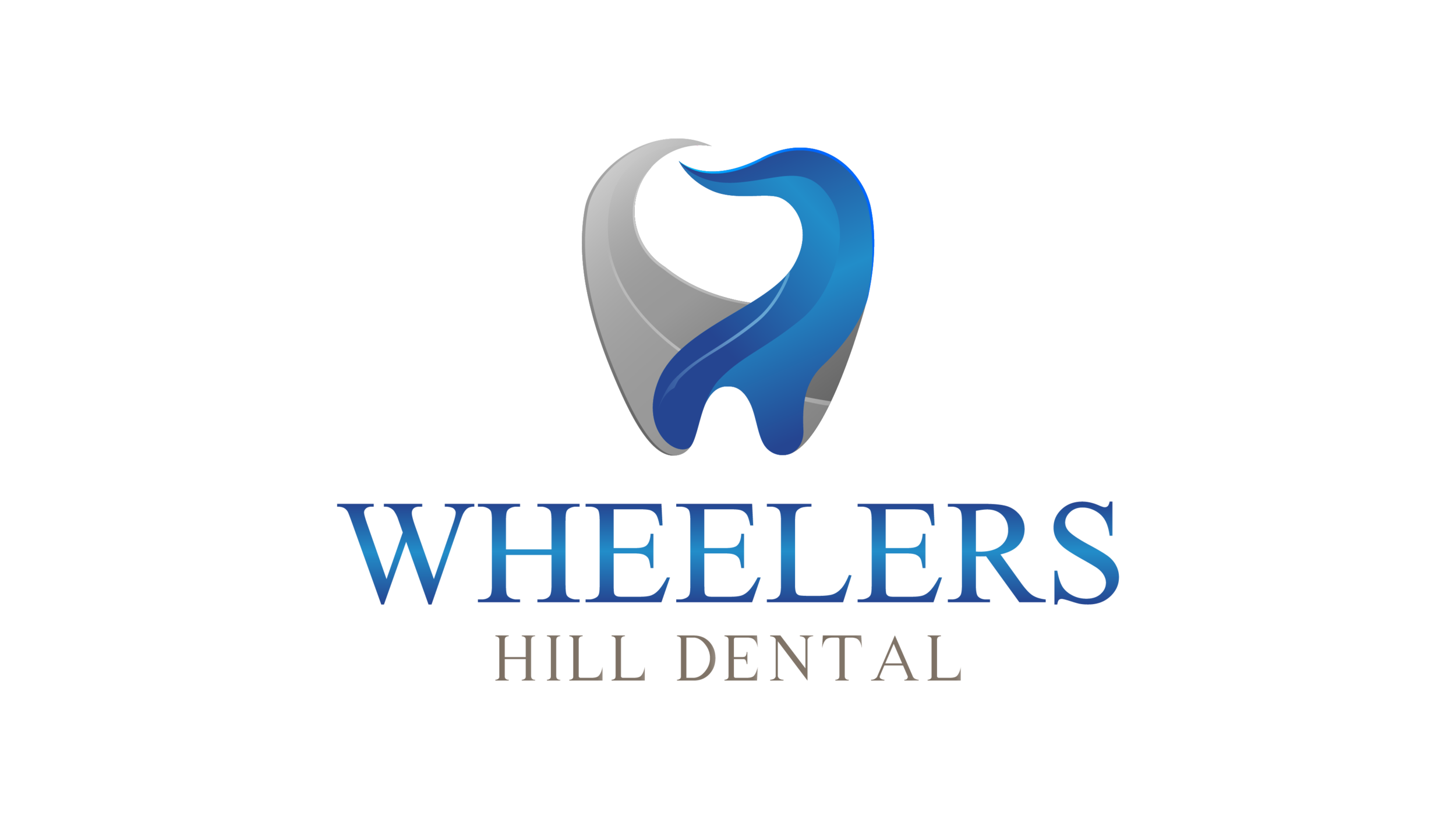Jaw Pain and Rheumatoid Arthritis
Temporomandibular Disorder (TMD) is essentially pain and stiffness in the jaw. TMD disorders affect the temporomandibular joint positioned on either side of an individual’s head in front of the ears.
In order for the joint to move fluently, levelly and steadily the temporomandibular joint (a soft cartilage disk) acts as a buffer between the bones of the joint.
According to the Mayo Clinic in The Unites States of America, TMD may be due to genetics, arthritis and injury to the jaw. Further, individuals with Bruxism (teeth grinding) may develop TMD. Pursuant to an article in the American Academy of Orofacial Pain entitled “Temporomandibular Joint Disorders” one of the most common causes of TMD is Rheumatoid Arthritis.
Rheumatoid Arthritis is caused by an autoimmune problem which can attack any joint in the human body, causing inflammation which is often excruciating. More than 50 per cent of individuals with Rheumatoid Arthritis suffer from jaw pain according to the article. Signs and symptoms of TMD may include: pain and/or tenderness in the jaw, aching facial pain; pain in and around the ear; difficulty chewing; pain in the temporomandibular joint; and locking of the joint.
TMD is treated primarily by medications (pain relievers and anti-inflammatories), surgery (open-joint surgery) and nondrug therapies such as oral splints or mouth guards. For further information, please contact us. Dr
Dr T. S. Saw OAM
Wheelers Hill Dental
